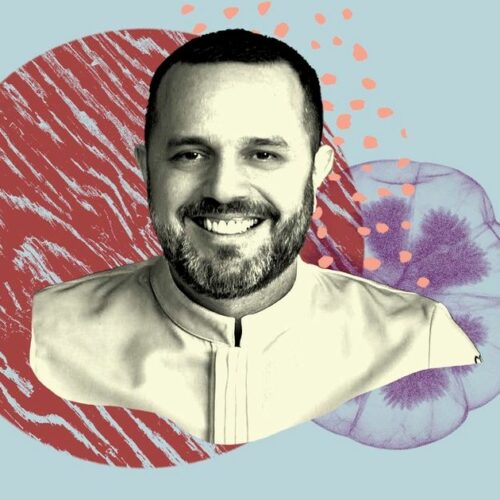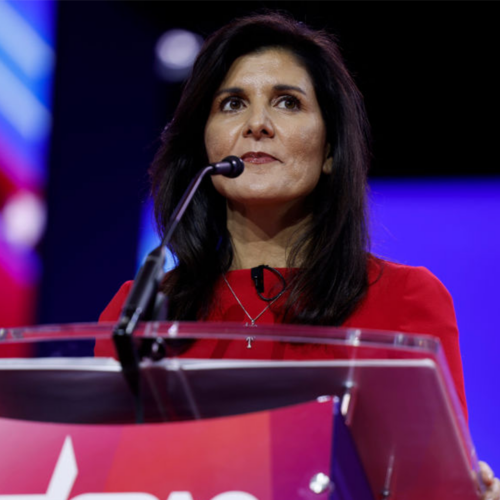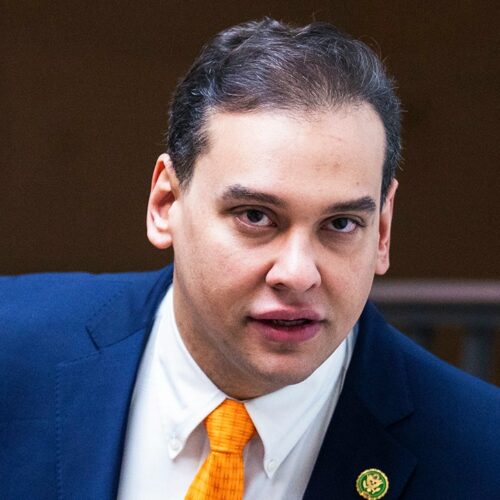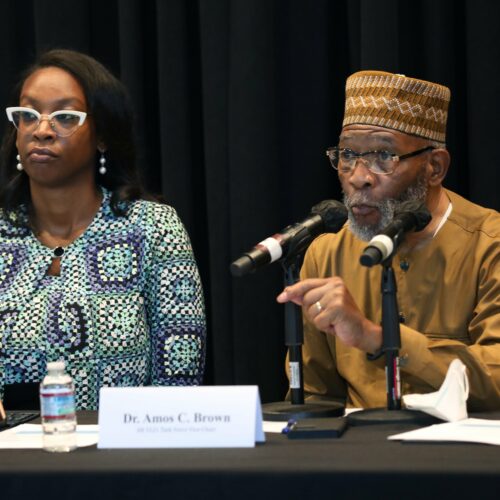Chef Enrique Limardo is commonly credited as the pioneer of modern Venezuelan cooking in the U.S. He is only the second Venezulean chef in the U.S. to receive a Michelin star, and his restaurant, Seven Reasons, was named one of the most important restaurants of the decade by Esquire. (Limardo has a second Washington, D.C., restaurant, Imperfecto, as well.)
While his culinary skills are well known, many may not know that Limardo came to the U.S. to escape violence and corruption in his home country of Venezuela. The chef may be firmly on his feet now in the U.S., but he has not forgotten his roots or the hardships he faced, which have fueled his passion for mentoring other chefs in Venezuela as well as working with a range of nongovernmental organizations (NGO) through Immigrant Food, D.C.’s first “gastro advocacy” restaurant. In this edition of Voices In Food, Limardo shares why helping not only immigrant chefs but all immigrants is important to him, and how he is using food as a conduit for change.
When I came to the U.S. in 2014, I left everything behind. In Venezuela, I had my own restaurants, and my entire family was there, including my wife and two kids. But the political corruption not only created great financial hardship, it made it hard to survive — period. My neighbor was killed right in front of my house. After that, I knew I had to find a way for my family and I to leave Venezuela.
I came to the U.S. with a tourist visa and then later obtained an exceptional talent visa, which permitted me to stay longer. The first six months were hard for me. My father, mother, wife and kids were always on my mind. I was completely out of my comfort zone, and everything was a struggle. But people helped me, and I was able to start working, eventually bringing my wife and kids over after one year.
I didn’t get to where I am today on my own, which is why mentoring other chefs is so important to me. Now, I’m in a position to help others who are in my exact place I was seven years ago. I was living in Baltimore and working as the executive chef at Alma Cocina Latina when I came up with the idea of an internship program for Venezuelan chefs. The program allowed people in Venezuela to come to the U.S. on a tourist visa and work at the restaurant. The intern applicants were students attending good high schools or universities, or who were working in a restaurant there already. Once they got here, I started mentoring them, and they became a really good team to work with.
One person who was part of the internship program is chef Mile Montezuma. After her internship, she followed me to Washington, D.C., where I hired her to be the head chef of Immigrant Food ― D.C.’s first cause-casual restaurant which celebrates immigrant stories through gastro-advocacy. Basically what that means is that the restaurant uses food as a way to uplift immigrants through partnerships with NGOs. The food on the menu is inspired from all over the world: dishes like Indian samoas, Latin wontons and a Ukrainian salad. Right next to the food menu is an advocacy menu with fundraising opportunities.
The chefs who come to the U.S. through the internship program are like family to me. I hear their struggles, and they know that I understand because I’ve been there, too. I understand the violence and corruption they left behind. I understand that they’re worried for their mom and dad. I understand that they’re sending as much of their paycheck home as they can to help them. I understand the slow, impatient wait for a green card.
About 6 million people have left Venezuela, making it one of the largest displacement crises in the world. Nearly 100,000 have been registered with U.S. immigration agencies since October 2021. Many are bused from the border to D.C., where I live. They get off the bus with nothing, no place to go and often not knowing any English. Every week, myself and the other restaurant workers at Seven Reasons and Imperfecto drop off food for them at a few different locations, including churches and Union Station. It’s a way to not only give them something to eat but to also offer some hope.
Food isn’t just about nourishment or taste. It is those things, but it’s also a reflection of culture and can be used to ignite change. When you cook or share a meal with someone, amazing things can happen. You just might change someone’s entire world.





